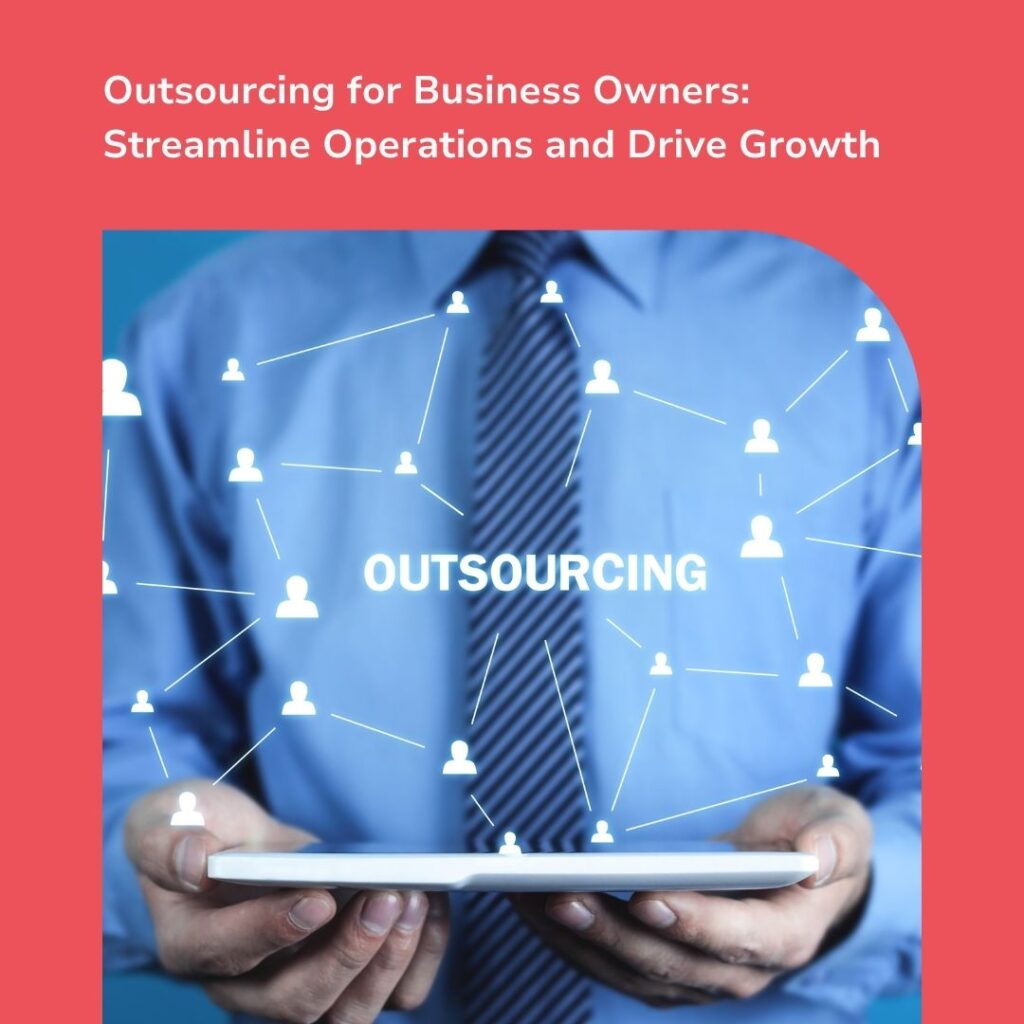Tags – Benefits of flexible working
Flexible working is no longer something for only freelancers.
Today, many employers are offering flexible work schedules for their staff too.
As an employer, you may be a little sceptical to offer flexible working as you may think they are the only ones who benefit.
And whilst it is true that employees benefit from this, (like less stress from commuting or fewer distractions away from the office), flexible working has many advantages for employers as well.
Before we dive into the benefits, let’s break down what flexible working actually is.
Simply, the best way to define this is to think of it as an agreement between an employer and employee. And this agreement covers: choosing where to work from, creating a schedule that’s best for them and to organise their working day as they please.
Yes, this sounds a little freelance-y, but it’s important to give your staff options and set expectations to keep productivity levels high, boost their morale and retain the best talent.
But of course, this doesn’t necessarily mean employees can just do what they want; you may need to impose restrictions, like being required to work certain hours that overlap with other team members so that meetings are not missed, for example.
With that said, here are 4 benefits for employers by allowing flexible working schedules.
1. Improve Retention
Did you know, almost a third of workers have left their jobs for a new one because their current workplace didn’t offer flexible working?
Shocking right!
But that’s not all, almost 80% of people said that they would be more loyal to their employers if they have flexible working options.
With these figures, businesses cannot afford to ignore the value employees have for flexible working options; more and more people feel empowered to find jobs that are more suited to their personal lives.
Ultimately, flexible working schedules help people to perform their jobs by reducing different forms of stress, whether it’s to do with getting into work or family obligations.
And, if the flexible arrangements are well crafted, this will result in happier and more productive employees, which means they are much more likely to stick around.
2. Diversity
A valuable tool for improving diversity and improving workplace equality is flexible working.
The reason being, is that it can create an inclusive culture, helping parents to return to work, helping people with health conditions stay in work and helping people balance their work and home responsibilities.
In other words, for some groups of people, flexible working is critical: women, older workers, single parents, those suffering with physical or mental disabilities can only work if they find part-time or flexible positions, and as a result, end up either not being able to work at all or in jobs with a small pay cheque.
As such, if you’re limiting your candidate pool to a single location or restricted working hours, you’re going to have a narrower selection of potential employees to choose from.
However, by offering a flexible working schedule, you’ll have the opportunity to hire a diverse range of employees, who bring different skills and perspectives to overcome challenges, and have better performing teams overall.
3. Increase Productivity
Some employers do not like the idea of flexible working hours as they believe they cannot keep a watchful eye on their staff, and by not doing this, their staff will not work.
Whilst this may be true in some cases, working flexibly can actually increase employee productivity.
Research reveals, on average remote workers work 1.4 days more in a month than in-office employees, which translates to almost 17 more days in the year.
Plus, those who work in the office are more likely to be distracted from things like office chat or clients who come to visit.
However, with a more flexible work schedule, leaders can evaluate their employees on what matters: getting the work done to a high standard, regardless of their presence in a location.
To put it differently, this facilitates a results-oriented culture, which makes employees feel a sense of responsibility and feel valued as they feel trusted to complete the job; staff who are allowed to work from home, or anywhere for that matter, are 4.4% more productive than in-office staff.
4. Boost Engagement
Engaged employees are those who understand exactly what their role is and how their position directly contributes to a business’s success.
And, one way you can generate a culture of engagement is by creating an environment that both empowers and respects its employees.
That said, a great way to demonstrate to your employees that you respect them is by allowing a flexible working schedule; you show you trust them to get the work done no matter how, when or where it happens.
So, doing this will pay off in the long run: engaged employees will perform better at their jobs.
Not to mention, they are more likely to take fewer days off sick; they may be unwell to get into the office but not too poorly so that they can’t get the job done at home.
In addition, like we mentioned earlier, employees who have flexible working hours are more likely to stay loyal to a business as they can balance work and home life, and as a result are more engaged with their jobs.
Work Smart, Work Flexible
The biggest shift to flexible working was in light of the recent pandemic: COVID-19 changed the world of work.
And since then, families have learned how flexible working schedules help them achieve a better work life balance.
Hopefully now you can see how flexible working can benefit both you as a business as well as benefit your staff, so you should embrace this new way of working to succeed in the future.
Get in touch today to find out more.
In the meantime, please check our digital marketing services.
You may also like:









